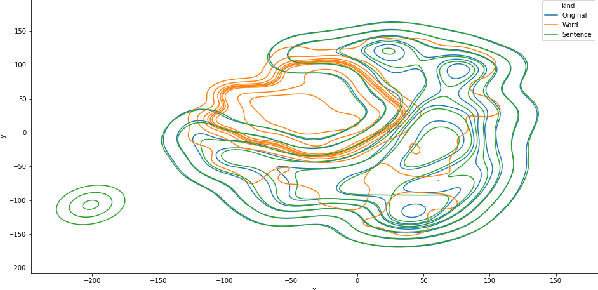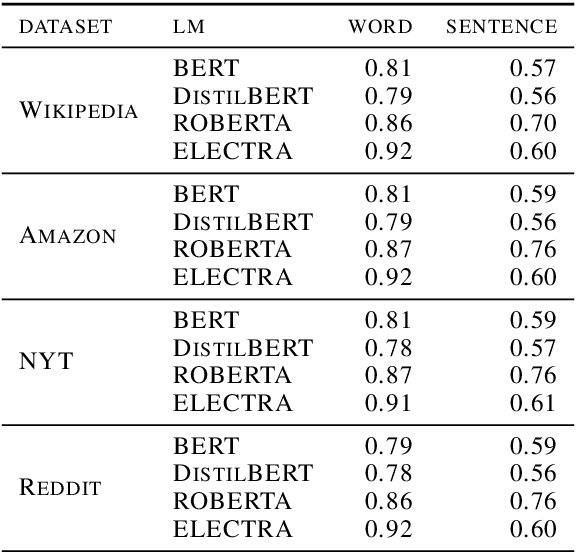Sentence-Based Model Agnostic NLP Interpretability
Paper and Code
Dec 27, 2020



Today, interpretability of Black-Box Natural Language Processing (NLP) models based on surrogates, like LIME or SHAP, uses word-based sampling to build the explanations. In this paper we explore the use of sentences to tackle NLP interpretability. While this choice may seem straight forward, we show that, when using complex classifiers like BERT, the word-based approach raises issues not only of computational complexity, but also of an out of distribution sampling, eventually leading to non founded explanations. By using sentences, the altered text remains in-distribution and the dimensionality of the problem is reduced for better fidelity to the black-box at comparable computational complexity.
 Add to Chrome
Add to Chrome Add to Firefox
Add to Firefox Add to Edge
Add to Edge